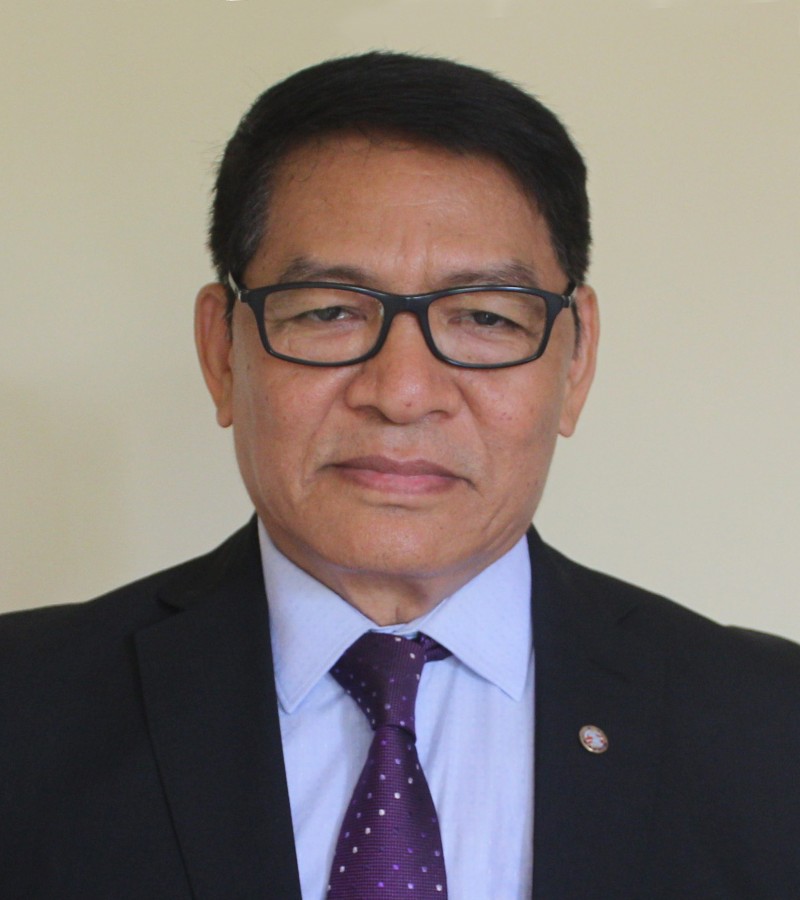Editorial
Clergy - Laity chemistry: Need for better blending
Opinion | Editorial | John S. Shilshi | 15-Jun-2021

Rev. Fr. Anthony de Mello, writer and philosopher, in an introductory note to one of his most acclaimed books “The Song of the Bird” wrote, “I cannot however, hide from my readers the fact that I am a priest of the Catholic Church. I have wandered freely in mystical traditions that are not Christian and not religious and I have been profoundly influenced by them. It is to my Church, however, that I keep returning, for she is my spiritual home; and while I am acutely, sometimes embarrassingly, conscious of her limitations and narrowness, I also know that it is she who has formed me and made me what I am today”. The writer used four very important terms - acutely, embarrassingly, limitations and narrowness - to describe some of the shortcomings of the Catholic Church to exemplify that even a divine institution like the Church could fall short of expectations. He, however, admitted that despite the shortcomings and limitations, it was to this very Church - the spiritual home - that he kept returning to.
In contemporary Catholic society, wandering away or isolating oneself from this sacred body of Christ, the Church, is not uncommon. Even the All India Catholic Union (AICU), the apex body of lay Catholics in India, has had its share of differences with Church bodies in the past. Likewise, we have heard stories of some lay Catholic organisations of our region in discordance with Church bodies on different counts. Across the country, we find many young and educated people falling away from the Church because of disagreement on some contentious issues with Priests and Bishops. While at organizational levels there were sane voices that prevailed and played constructive roles to ensure that such gaps do not widen to threatening proportion, in the case of individual differences, rapprochement efforts from third parties seems to be not so forthcoming. Reason for this is, the discords are often well-kept secrets, known only to disagreeing parties. This is unfortunate, and also intriguing, because individuals on both sides of the divide are those blessed with wisdom, knowledge, intellect and awareness, yet they choose to blur the line between the spiritual and the worldly.
We may ask why clergy-lay differences are so common in the Catholic community. The answer of course is – we are not an exception. The Catholic family is also formed by human beings, including Priests and Bishops, and like any other human society, differences within is inevitable. In fact, disagreement and agreement being two vital ingredients in any human discourse, any interactions short of varying views would have been less thought provoking. It is therefore but natural for human beings to have differences. The problem begins only when such differences hit road blocks and do not tread the path towards consensus, which often is the case when priests and laities fall apart. We need to remember that deferring is indeed a healthy habit, as it teaches people to adjust, accommodate and accept different opinions. It helps in strengthening the deliberation mechanisms. Therefore, it should not lead to people parting ways abruptly.
Most social scientists agree that serious differences between human beings develop only when pride, ego, complex, sense of superiority, hatred, and compulsive contrarian attitude get the better of humility, simplicity, respect and sensitivity. We are aware that the Catholic Church is a very differently structured institution, where the gap between the spiritual and the secular world is much more pronounced. Here the clergy is a celibate community, which is a predominantly spiritual life, confined mostly to its own; unlike their counterparts in other Churches who combine family with evangelization. Therefore, it is quite possible that the clergy and laity lack understanding of each other’s intricate worlds in certain cases. This however, does not mean that people from the two worlds must view shortcomings with tinge of negativity. It should rather help us to learn the art of stepping into each other’s shoes and try and appreciate the delicate and intricate compulsions of both. The human in us may at times tempt us to succumb to the above ills that social scientists listed, but the Christian in us must provide the elixir to wade them away.
It is easy to point fingers, but it takes courage to say ‘I am lesser than thou’. And that courage comes only when one is able to shun attitude of “all-knowing”. We must not forget, being meek and humble is one surest way to being received well and accepted. The Catholic Church needs a collaboration of humble souls to move ahead, and here’s how the relationship between the Clergy and Laity can improve. The Clergy, being more rigorously trained and regimented to pursue value-based life must be the first to provide a soothing balm wherever and whenever there are discords. On the other hand, the Laity must assume the role of ombudsman through constructive suggestions, without being antagonistic or trivializing shortcomings, and help the clergy perform their spiritual duties. The straying flock may be few in numbers, but the likely outcome could be enormous. The better we blend, the stronger our spiritual home would be. And we must collectively ensure this.
